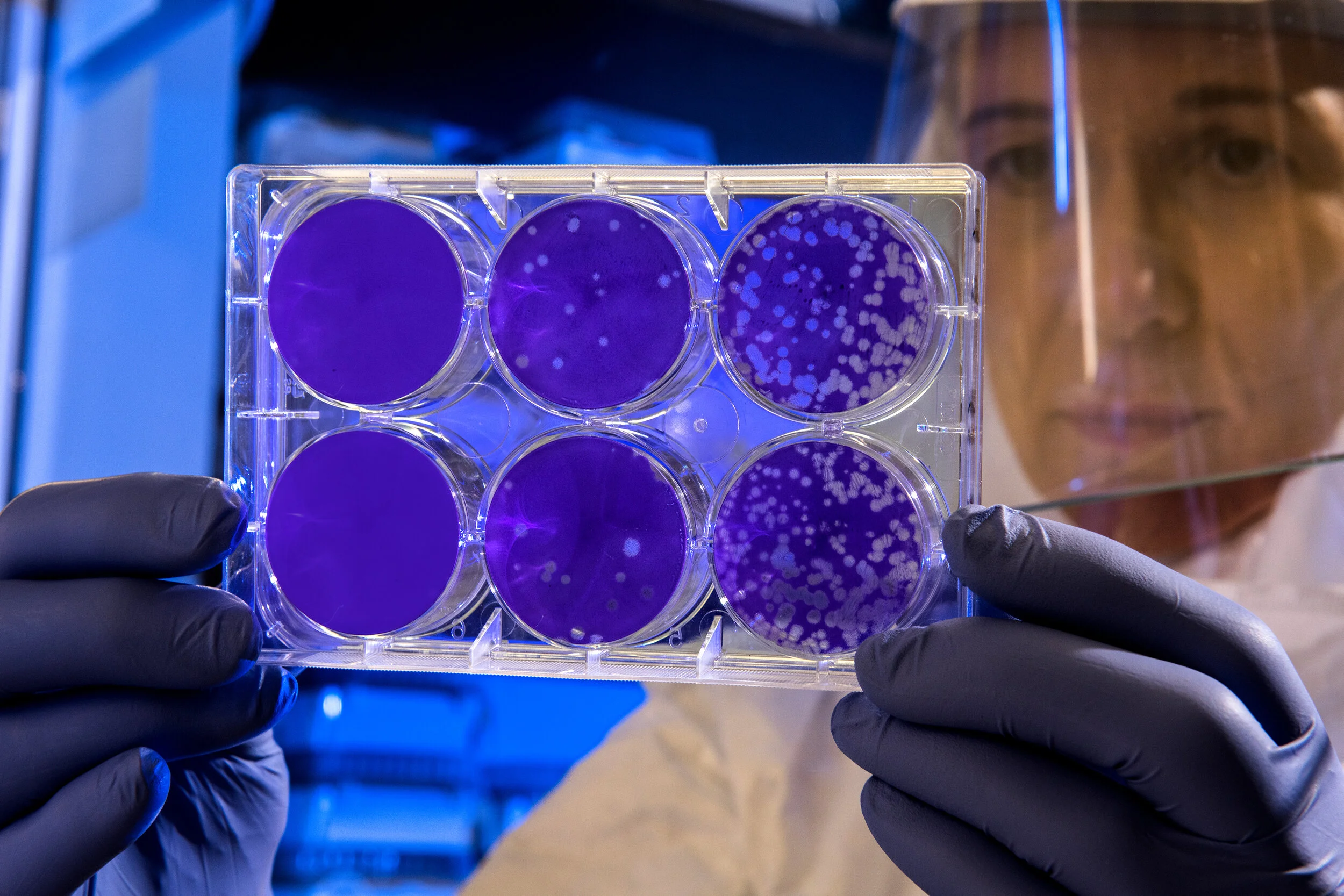Over the next few days, I will be writing articles to discuss how COVID-19 (the disease induced by the coronavirus [SARS-COV-2]) might affect our global economy.
A Viral War
What’s happening in the world at the moment is not much different to wartime. The enemy is a viral power, and it has created a warlike atmosphere in which we are all kept on the edge of our seats. There is a feeling that anything could happen.
Stories of heroism, stories of misfortune: it’s not just the disease that is spreading. What’s also spreading is a sense of global community: a feeling of camaraderie between countries. That’s quite refreshing actually – unorthodox that we feel more connected with our international neighbours than ever, whilst being in lockdown. Here’s thanking social media platforms like Facebook, Twitter and Instagram: not to forget the uprising in virtual meeting companies like Zoom.
How can we create new ways to deal with global suffering? One door that has been opened is direct payments from governments to its citizens. Could this be the forerunner to a global universal basic income? Perhaps this could improve global development and inequality?
How can we better deal with risk to national security in the future? Hopefully, the coronavirus has also presented us with new challenges that spawn new institutions made to better share global risks. Wouldn’t it be great if, instead of a mad scramble, we have global systems in place to deal with situations such as these?
A Global Catastrophe
Globalisation has left us vulnerable due to our ever-opening borders. While there have always been costs as well as benefits, we are now increasing our focus on the costs.
There are inherent risks of countries being more interdependent. While there is potential to make greater sums of money, there is also the potential to make larger losses of money. One example is due to our fragile supply chains, which have been tested through this crisis, no doubt. Moving forward, supply chains must be made more robust to be able to cope with such shocks, but less global perhaps.
Emerging economies will be very badly struck: especially those markets who were growing ever dependent on capital inflows to expand.
The labour markets will be shaken up. Some workers may choose to end their in-person services indefinitely. With months of practice staying at home and working online, some may actually get used to doing home work (I wish I could say the same for my students!): some may even become more productive. On the plus side, this might improve geographical mobility of labour in some ways.
Our political climate will be stirred; politicians thrive in times of fear, and we must be careful not to become exploited. Some parties may used this as a way of spreading yet more hatred for immigrants and global trade. Protectionist restrictions may be imposed under the guise of self-sufficiency; restriction of movement may be imposed under the cloak of public health.
The global economy will experience both deep and long recessions. The coronavirus crisis is the first crisis since the Great Depression of 1929 to encapsulate both developed and developing countries. Unfortunately, there is now a great risk of sovereign default, where countries might begin to declare their inability to pay back debts. For sure, our economies will experience deep cuts.
The Economy’s Underlying Health Conditions Exposed
Similarly to our country’s most vulnerable, our economies also have underlying health conditions.
One of these is secular stagnation – this is the combination of low productivity growth, a lack of private investment returns, and near-deflation. The coronavirus has not helped this at all. People will continue to stay risk-averse and will undoubtedly save more during the pandemic and after it. This will lead to decreased demand and innovation as a result.
Secondly, the world will continue its over-reliance on the US dollar for financing and trade. Relative to the rest of the world, the US economy will likely become more attractive in terms of investment.
Thirdly, levels of inequality are likely to get worse. As the whole world tries to fight this virus, richer countries will probably cope better than others.
Finally, pre-existing economic nationalism will likely lead governments to start closing borders. While this may not mean total independence, there will be a greater feeling of ‘us and them’ in the air.




